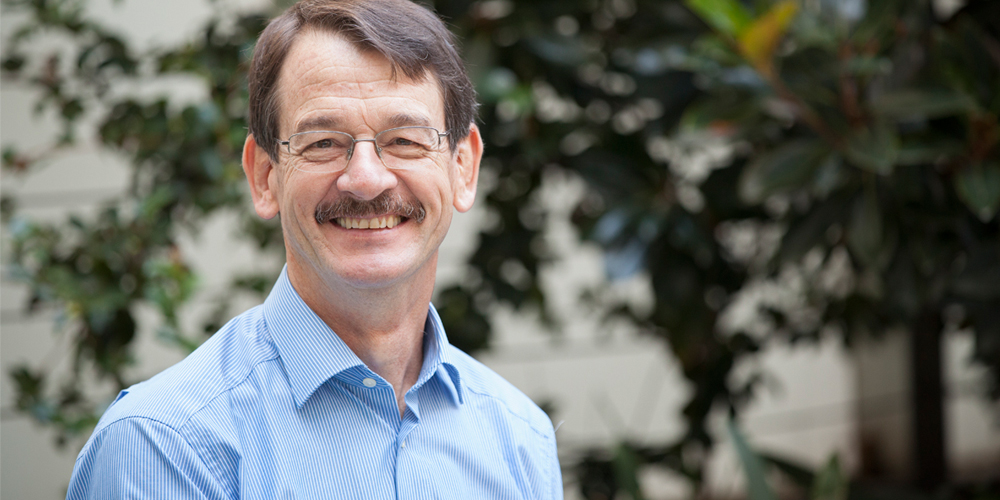
More than 300 patients at the Women’s are helping researchers to find a cure for endometriosis, one of the most debilitating and complex disorders affecting women.
Endometriosis is a chronic gynecological disorder that causes pelvic pain, period problems, scarring and tissue damage and is thought to affect around one in 12 women. It is also one of the leading causes of infertility; between 40-50 per cent of women undergoing IVF treatment in Australia also suffer endometriosis.
For the past three years a team that includes researchers from the Women’s, the University of Melbourne and QIMR Berghofer Medical Research Institute in Queensland has been working to identify the genes responsible for endometriosis. The team is funded by the National Health and Medical Research Council (NHMRC).
“The goal is to find the genes that increase the risk of endometriosis so that we can develop therapies to cure it,” Prof Peter Rogers said. Prof Rogers is research director at the Women’s and Professor of Women's Health Research at the University of Melbourne.
“Our research has identified at least one gene,” he said. “That makes it a whole new ball game, but although very exciting, it is a first step; an early stage.”
Prof Rogers, who will chair a workshop at the World Endometriosis Congress in Sao Paulo, Brazil, this week, said tens or even hundreds of genes could be involved.
He said funding research and developing a multidisciplinary approach to that research was the key for an effective, accurate and timely diagnosis and to identify women at risk of endometriosis.
"Endometriosis does not get the resources provided like other chronic diseases such as diabetes, heart disease and obesity,” Prof Rogers said. “Yet it is a really miserable, chronic disease that affects millions of women worldwide.”
“We need to understand the mechanisms of the disease to develop new therapeutics to cure it.”
Prof Rogers said Australia was one of the world leaders in endometriosis research, but warned there was not one magic bullet to treat the disease.
“We invited women who had already been diagnosed with endometriosis and were being treated at the Women’s to join the study and we have had a terrific response.
“Women want an answer for endometriosis; hopefully our team can help provide that.”